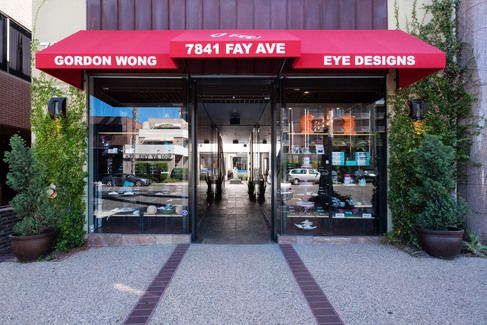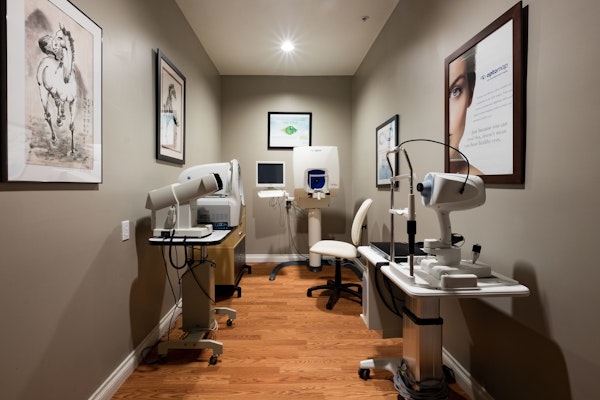How to Reduce the Risk of LASIK Infection
 With LASIK, patients can enjoy the benefits of enhanced natural vision with very little risk and short-lived side effects. In fact, LASIK eye surgery has one of the lowest infection rates among surgical procedures, making it a particularly safe and reliable treatment. Still, as with any surgery, some degree of risk will always remain. Although the chances are low, it is possible for an infection to develop in the eye’s cornea after the procedure, resulting in additional side effects and health complications if not treated.
With LASIK, patients can enjoy the benefits of enhanced natural vision with very little risk and short-lived side effects. In fact, LASIK eye surgery has one of the lowest infection rates among surgical procedures, making it a particularly safe and reliable treatment. Still, as with any surgery, some degree of risk will always remain. Although the chances are low, it is possible for an infection to develop in the eye’s cornea after the procedure, resulting in additional side effects and health complications if not treated.
Our San Diego optometrists utilize the latest technology and practices in order to give you the safest eye surgery possible. However, further precautions can also be taken at home, after treatment. In order to help our patients minimize the risk of developing a post-surgical infection, we offer the following tips and guidelines.
How Does Infection Form?
Prior to shaping the corneal tissue for LASIK, a thin flap is made within the cornea in order to temporarily pull the tissue back for surgery. This flap causes little damage on its own and is expected to heal soon after treatment. However, when infection does form, it usually in or around the corneal flap. This is due to harmful bacteria or irritants being introduced to the incision, typically by foreign objects or particles coming into contact with the eye.
Less than one percent of all patients can expect any degree of infection, and only .02 percent of patients face a serious infection. Nevertheless, this already low risk can be further reduced by taking the proper precautions to keep your eye clean after surgery.
Reducing the Risk of Infection during Surgery
Prior to treatment, the best thing you can do to ensure a successful surgery is seek out a doctor with the best skill, experience, and technology for LASIK. With their impressive education and credentials, each of our optometrists is well equipped to handle your LASIK procedure with an expert hand.
Moreover, our practice offers a completely bladeless procedure. Whereas conventional LASIK operations use a thin blade called a microkeratome to create the corneal flap, we also utilize a laser for this process. Through the use of computer-guided laser technology, we can create a cleaner, thinner flap that has an especially low risk of infection.
Reducing the Risk of Infection after Surgery
When infection does occur following LASIK, it is often because a patient does not take proper care of the eye during recovery. In order to boost your chances of avoiding infection, keep the following tips in mind:
- Do not rub your eyes: Even though your eyes will possibly be irritated, dry, or watery immediately following surgery, avoid rubbing them. An eye shield at night will help prevent contact while you are asleep.
- Avoid facial products:Makeup, lotion, facial creams, and similar cosmetic products should all be avoided for at least one week into recovery. Particles from these products may get into the corneal flap, resulting in infection.
- Avoid smoke and dust:Any significant concentration of particles in the air poses a greater risk to your eye’s ability to heal properly. Noticeably dusty or smoky areas should be avoided.
- Keep water out of your eyes: After surgery, your doctor may give you special eye drops to combat dry or irritated eyes. However, avoid getting regular water in your eyes until otherwise directed. This means that showers, saunas, and other humid environments should be avoided in the interim.
Combating Infection
If you do end up developing an infection of the cornea, contact your doctor as soon as possible. In most circumstances, infection can be treated quickly and effectively through antibiotics, usually applied via eye drops. For more severe cases, antibiotics or steroids may be delivered intravenously. Always keep your doctor informed of your symptoms throughout recovery, especially if any seem to persist or worsen after the first few days.
Learn More about LASIK
Our eye care center is devoted to your satisfaction and well-being. To learn more about LASIK surgery or any of our vision correction services, schedule an appointment to meet with one of our knowledgeable optometrists.







